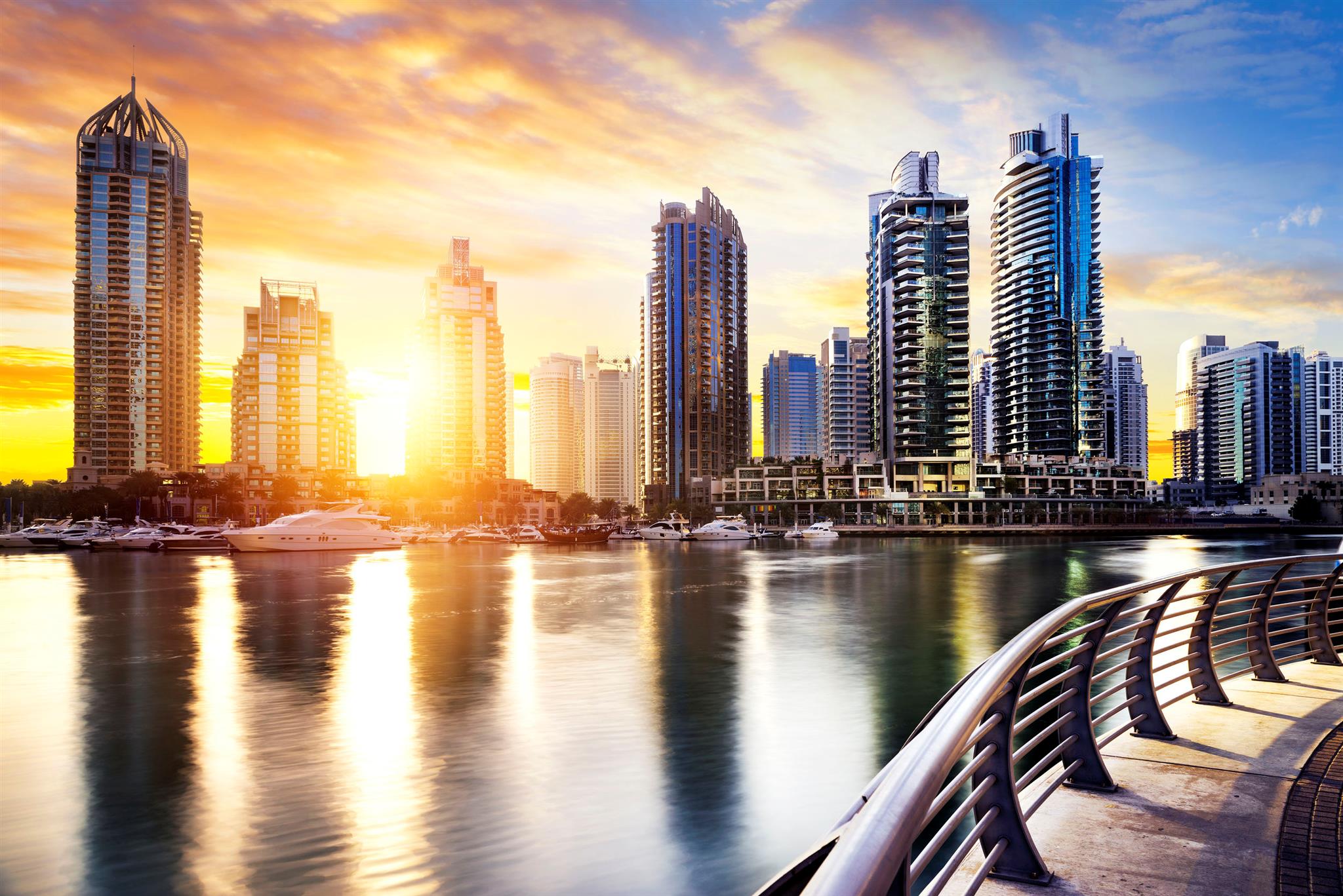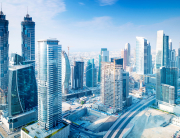The real estate market in Abu Dhabi is undergoing a transformative phase in 2025. With a blend of governmental support, strategic urban planning, demographic shifts, and technological integration, the city’s property landscape is gaining momentum like never before. Both investors and end-users are showing heightened interest, and real estate developers in Abu Dhabi are responding with innovative projects that align with market demand. Let’s delve into the major forces behind this rising market trend.
Government Vision and Strategic Policies
Abu Dhabi Vision 2030
One of the cornerstones of the city’s evolving real estate dynamics is the Abu Dhabi Vision 2030. This long-term plan aims to diversify the emirate’s economy away from oil dependency and position it as a sustainable, globally integrated, and business-friendly hub. To achieve this, the government has implemented a series of reforms that have had a direct impact on the property market.
Urban development is central to this vision. New zones and residential districts are being planned with sustainable growth and infrastructure resilience in mind. These strategic expansions are making it easier for investors and residents alike to identify long-term value in real estate.
Regulatory Reforms and Ownership Rights
Another powerful driver in 2025 is the updated regulatory environment. The government has rolled out clear property laws, including enhancements in foreign ownership rights. Expatriates can now buy and own property in more designated areas than ever before, with better legal protection.
These regulatory improvements have boosted confidence among global investors and have made the market more transparent and investor-friendly. When investors feel secure in terms of legal framework, they are more likely to commit long-term capital, helping to fuel growth and development.
Economic Diversification and Growth
Shift Toward a Non-Oil Economy
Abu Dhabi’s economy is steadily shifting toward a knowledge-based, non-oil model. Sectors such as tourism, finance, healthcare, education, and renewable energy are now playing a much more significant role in GDP contribution.
This shift has created a ripple effect across the real estate sector. As new businesses establish headquarters or operations in Abu Dhabi, there is an increased demand for commercial properties, retail spaces, and employee housing.
Job Creation and In-Migration
Economic diversification also contributes to job creation, drawing skilled professionals and families to the city. As the job market expands, demand for both rental and ownership housing increases. This influx of people necessitates the development of mixed-use communities and vertical living spaces, thereby accelerating construction and planning activities.
Population Growth and Demographic Shifts
A Youthful, Expanding Population
Abu Dhabi has a relatively young and growing population, a factor that is critical in driving residential real estate demand. Young professionals are seeking affordable apartments, while growingChoose from the most used tags families are looking for larger villas or townhouses.
This demographic segment is particularly interested in lifestyle-oriented communities—those that offer access to schools, healthcare, shopping centers, and recreational facilities. As a result, real estate and property development is increasingly focused on creating comprehensive living environments rather than isolated residential buildings.
Expatriate Community Expansion
The liberalization of property ownership laws and better residency options have led to a surge in expatriate population. More expatriates are now considering long-term stays or even permanent residence in Abu Dhabi. This shift increases demand for owner-occupied homes, which in turn stimulates new housing projects and fosters long-term stability in the market.
Technological Innovation in Property Development
Smart Cities and Infrastructure
Abu Dhabi is investing in smart city infrastructure, integrating Internet of Things (IoT), artificial intelligence, and big data into urban planning. Smart homes and buildings equipped with advanced energy management, security, and automation systems are becoming increasingly popular.
This technological edge not only increases the attractiveness of properties but also improves energy efficiency and sustainability—important factors for both investors and environmentally conscious buyers.
PropTech Integration
Property Technology, or PropTech, is playing a pivotal role in transforming how real estate transactions are conducted. Virtual tours, digital contracts, and blockchain-based registries are streamlining the buying and renting process, making it more accessible and transparent.
By leveraging PropTech, real estate developers in Abu Dhabi are reducing overhead costs, speeding up sales cycles, and enhancing customer engagement—benefits that trickle down to buyers and renters.
Infrastructure Development
Connectivity and Transportation
Improved infrastructure is making Abu Dhabi’s outer suburbs more attractive. Projects like metro systems, highways, and expressways are enhancing connectivity between the central city and emerging areas. As commute times reduce, more people are open to living farther from the city center, increasing the scope for suburban property development.
These enhancements are not only making life more convenient but also increasing land value in newly connected areas, creating investment opportunities for both developers and individuals.
Integrated Community Planning
Modern real estate planning in Abu Dhabi revolves around integrated community concepts. These communities combine residential, commercial, educational, and recreational facilities within a walkable radius.
This holistic approach to urban living is reshaping buyer preferences and driving demand for master-planned communities. The integration of parks, bike trails, community centers, and retail zones adds value beyond mere square footage, attracting long-term residents.
Environmental Sustainability
Green Building Standards
As environmental concerns rise globally, Abu Dhabi is at the forefront of green development. Building codes now require energy-efficient materials, water conservation systems, and environmentally friendly construction methods.
Many real estate and property development companies are voluntarily exceeding minimum standards, aiming for LEED (Leadership in Energy and Environmental Design) certification or equivalent. Buyers and tenants are increasingly prioritizing eco-friendly living, pushing developers to innovate.
Renewable Energy Integration
Solar panels, greywater systems, and energy-efficient HVAC systems are becoming standard features in new developments. These sustainable elements not only reduce utility bills but also attract environmentally conscious investors, contributing to long-term market viability.
Lifestyle and Cultural Appeal
High Quality of Life
Abu Dhabi ranks high globally in terms of safety, cleanliness, healthcare, and education. Its reputation as a secure, well-managed city makes it highly desirable for both locals and expatriates.
In 2025, this quality of life factor is playing an even more important role, particularly for families and long-term investors. The city’s wide range of amenities, from luxury malls to pristine beaches, enhances its attractiveness as a place to live and invest.
Tourism and Hospitality Sector
The growth of the tourism sector is another driver of the real estate market. New resorts, cultural landmarks, and theme parks are attracting millions of visitors annually. This influx supports demand for short-term rental properties and hotel apartments, a trend that benefits both individual investors and hospitality-focused developers.
Moreover, Abu Dhabi’s calendar of international events—from Formula 1 races to art biennales—keeps demand for temporary housing high, adding another layer of depth to the real estate market.
Investment Incentives and Financing Options
Competitive Mortgage Rates
In 2025, mortgage interest rates in the UAE remain competitive, helping more people transition from renters to homeowners. Financial institutions are offering flexible terms, reduced down payments, and quicker approval processes.
This accessibility is broadening the homebuyer base, making property ownership viable for a larger portion of the population.
Developer Incentives
To maintain momentum, real estate developers in Abu Dhabi are offering attractive incentives such as post-handover payment plans, free maintenance periods, and waived registration fees. These perks reduce the upfront cost of owning property, making it easier for buyers to enter the market.
Such schemes are particularly appealing to first-time buyers and middle-income families, two demographic segments that are rapidly growing in the city.
Foreign Investment and Global Trends
Favorable International Perception
Abu Dhabi continues to enjoy a strong international reputation as a stable and wealthy emirate with high governance standards. This perception, paired with solid returns on investment, makes it a favorite among foreign investors.
In a world where geopolitical risks are rising, Abu Dhabi’s neutrality and economic strength offer a safe haven for international capital, particularly in the real estate sector.
Exchange Rate and Currency Dynamics
Favorable currency exchange rates are another incentive for foreign buyers. Investors from countries with strong currencies can take advantage of the dirham’s stability, gaining more value for their money.
This financial advantage, coupled with legal and regulatory clarity, ensures that Abu Dhabi remains a magnet for international property investment.
Final Thought
The real estate market in Abu Dhabi in 2025 is being shaped by a multifaceted array of drivers—from government policy and demographic shifts to technological advancement and environmental consciousness. These elements are combining to create a dynamic and resilient market with strong long-term potential.
The proactive approach of real estate developers in Abu Dhabi ensures that the supply side is well-aligned with evolving demand. Simultaneously, the rising importance of sustainability, smart infrastructure, and integrated community living reflects the maturing preferences of buyers and investors.
With favorable regulations, economic diversification, and continued investment in infrastructure and innovation, real estate and property development in Abu Dhabi is not just keeping pace with global trends—it is setting new benchmarks for what modern, sustainable urban living should look like.
Abu Dhabi is no longer just a city of oil wealth and government offices—it’s becoming a vibrant, livable, and investable metropolis poised for enduring real estate growth. For anyone looking to buy, invest, or develop, now is a compelling time to enter this exciting market.







Leave A Comment